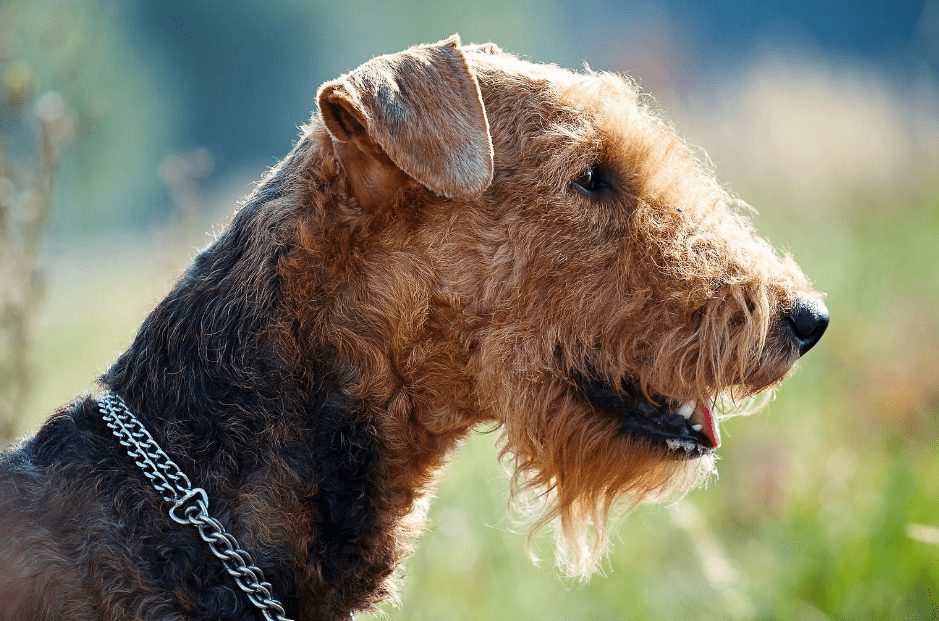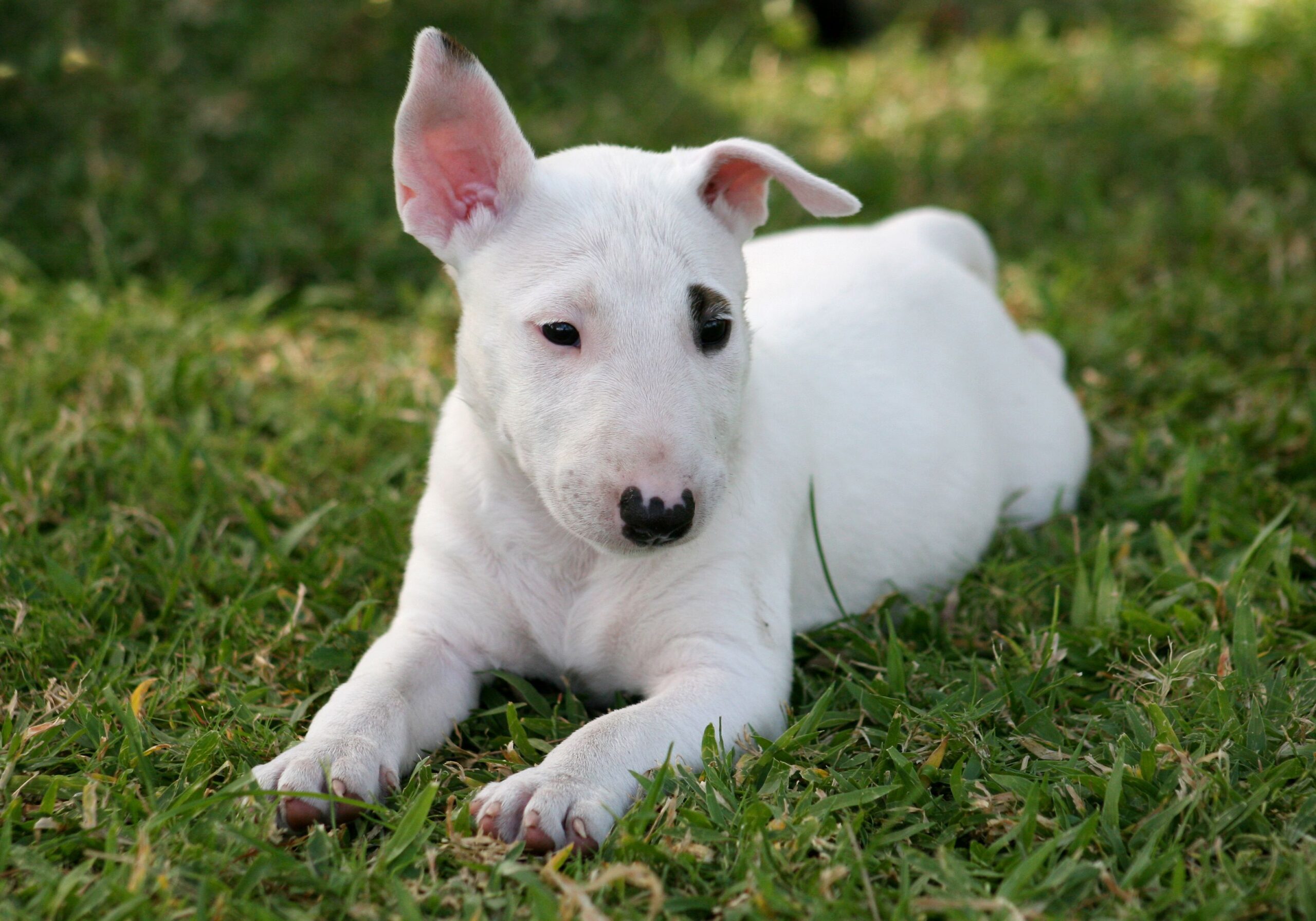Key Takeaways:
- Scottish Terriers, or Scotties, are a small and sturdy breed known for their distinctive appearance with a wiry coat and bushy eyebrows.
- They have a strong prey drive and may chase small animals, so it's important to keep them on a leash or in a securely fenced area.
- Scotties are intelligent but can be stubborn, so consistent training and socialization from an early age is crucial.
- Regular grooming is necessary to maintain their wiry coat, including brushing, stripping, and occasional trimming.
- Scottish Terriers thrive in homes with experienced dog owners who can provide them with mental stimulation, exercise, and plenty of attention.
Are you ready to embark on a journey into the world of Scottish Terriers, also known as Scotties? These charming and lovable dogs have captured the hearts of dog lovers worldwide with their unique characteristics and irresistible charm. By delving into this subject, you will not only gain a deeper understanding of these wonderful creatures but also uncover valuable insights into their care and well-being. Whether you are a proud Scottie owner or simply curious about this beloved breed, exploring the world of Scottish Terriers will open your eyes to a wealth of knowledge that will enhance your bond with these furry companions. So, let's dive in and discover the fascinating world of Scottish Terriers together!
What is a Scottish Terrier and what makes it unique?
A Scottish Terrier, also known as a Scottie, is a small breed of dog that originated in Scotland. They have a distinctive appearance with a compact body, short legs, and a wiry coat. One of the most unique features of the Scottish Terrier is its beard and bushy eyebrows, which give it a wise and serious expression.
Scotties are known for their strong-willed and independent nature. They are often described as being confident, fearless, and full of character. Despite their small size, Scottish Terriers have a big personality and are known to be quite feisty. They are loyal and devoted to their families but can be wary of strangers.
Physical Characteristics
- Size: Scottish Terriers are small dogs, typically weighing between 18-22 pounds (8-10 kg).
- Coat: They have a double coat consisting of a soft undercoat and a harsh outer coat that requires regular grooming.
- Colors: The most common color for Scottish Terriers is black, but they can also come in brindle or wheaten.
Personality Traits
- Independent: Scottish Terriers are known for their independent nature and can sometimes be stubborn.
- Fearless: Despite their small size, Scotties are brave dogs who won't back down from a challenge.
- Loyal: They form strong bonds with their families and are fiercely loyal to them.
The History of Scottish Terriers
The Scottish Terrier has a long history that dates back several centuries. It was originally bred in Scotland for hunting small game, such as rats and foxes. The breed's compact size and fearless nature made it well-suited for this task.
In addition to their hunting abilities, Scottish Terriers also became popular as companion dogs. They were favored by the British royal family, with Queen Victoria being a notable fan of the breed. Today, Scottish Terriers are still loved for their unique appearance and charming personality.
Size and lifespan of Scottish Terriers
Size
Scottish Terriers, also known as Scotties, are small to medium-sized dogs. On average, adult Scotties stand about 10 inches tall at the shoulder and weigh between 18 to 22 pounds. Despite their compact size, they have a sturdy build with well-developed muscles.
Lifespan
The lifespan of a Scottish Terrier is typically around 12 to 15 years. However, with proper care and a healthy lifestyle, some Scotties have been known to live even longer. It's important to note that individual factors such as genetics, diet, exercise, and overall health can influence the lifespan of any dog.
Scottish Terriers are generally robust and hardy dogs, but they may be prone to certain health issues as they age. Regular veterinary check-ups and providing them with a balanced diet can help ensure they live a long and happy life.
Can Scottish Terriers get along with other pets and children?
Scottish Terriers are known for their independent nature but can still form strong bonds with their human family members. When it comes to getting along with other pets and children, early socialization plays a crucial role.
Other Pets
With proper introduction and socialization from an early age, Scottish Terriers can coexist peacefully with other pets in the household. They may initially display some territorial behavior due to their natural instincts but can learn to share space harmoniously.
Children
Scottish Terriers can be great companions for children when raised together from puppyhood. However, it's essential to teach children how to interact respectfully with dogs and supervise their interactions. Like any breed, Scotties appreciate gentle handling and may not tolerate rough play.
Overall, whether it's other pets or children, providing proper socialization and training will help Scottish Terriers develop positive relationships and be well-adjusted members of the family.
Exercise and grooming needs of Scottish Terriers
Scottish Terriers have moderate exercise requirements, making them suitable for various living situations, including apartments. Regular exercise not only keeps them physically fit but also helps prevent behavioral issues that can arise from pent-up energy.
Exercise
A daily walk or two, along with some playtime in a securely fenced yard, is usually sufficient to meet the exercise needs of a Scottish Terrier. They also enjoy mental stimulation through interactive toys and puzzle games. However, it's important to avoid overexertion as Scotties are prone to overheating due to their thick double coat.
Grooming
The iconic wiry coat of a Scottish Terrier requires regular grooming to keep it looking its best. Brushing their coat at least once a week helps remove loose hair and prevents matting. Additionally, they may need professional hand-stripping every few months to maintain the texture and color of their coat.
Other grooming tasks include regular teeth brushing, nail trimming, and ear cleaning. These routine maintenance activities not only keep your Scottie looking sharp but also contribute to their overall health and well-being.
Common health issues in Scottish Terriers and prevention tips
While Scottish Terriers are generally healthy dogs, they may be prone to certain breed-specific health issues. Being aware of these conditions can help you take proactive steps towards prevention or early detection.
Common Health Issues
Some common health issues seen in Scottish Terriers include:
1. Scottie Cramp: This neurological condition causes muscle spasms during moments of excitement or stress.
2. Von Willebrand Disease: A blood clotting disorder that can lead to excessive bleeding.
3. Canine Cancer: Scottish Terriers have a higher risk of developing certain types of cancer, including bladder cancer and lymphoma.
4. Allergies: Scotties may be prone to allergies, which can manifest as skin irritations or gastrointestinal issues.
Prevention Tips
To help prevent or minimize the impact of these health issues, it's crucial to:
1. Choose a reputable breeder who conducts health screenings on their breeding dogs.
2. Maintain a balanced diet with high-quality dog food to support overall health.
3. Keep up with regular veterinary check-ups and vaccinations.
4. Provide regular exercise and mental stimulation to keep your Scottie physically and mentally fit.
Remember, early detection and intervention are key in managing any potential health concerns in Scottish Terriers.
Intelligence level and trainability of Scottish Terriers
Scottish Terriers are intelligent dogs known for their independent thinking. While this can make training them a bit challenging at times, it's not impossible with the right approach.
Intelligence Level
Scotties rank high in intelligence among dog breeds. They have a natural ability to problem-solve and can quickly learn new commands and tricks when motivated properly.
Trainability
Training a Scottish Terrier requires patience, consistency, and positive reinforcement techniques such as treats, praise, and play rewards. Harsh training methods or punishment can lead to stubbornness or resistance from these proud little dogs.
Start training your Scottie from an early age to establish good behavior patterns. Basic obedience commands like sit, stay, come, and leash walking should be part of their training regimen. Engaging in regular short training sessions will help keep their minds stimulated while strengthening the bond between you and your furry companion.
Tips for creating a loving environment for a Scottish Terrier at home
Creating a loving environment is essential for the well-being and happiness of your Scottish Terrier. Here are some tips to help you provide a nurturing home for your furry friend:
Provide a Comfortable Living Space
Ensure your Scottie has a cozy spot to call their own, such as a dog bed or crate. This gives them a sense of security and provides a designated space where they can relax and unwind.
Establish a Routine
Scottish Terriers thrive on routine. Establishing consistent feeding times, exercise schedules, and regular play sessions helps them feel secure and reduces anxiety. Dogs appreciate predictability in their daily lives.
Show Affection and Attention
Scotties love being part of the family and crave human companionship. Spend quality time with your Scottie, offering plenty of cuddles, belly rubs, and verbal praise. Engage in interactive play sessions to keep them mentally stimulated.
Keep Them Safe
Ensure your home is safe for your Scottie by removing any potential hazards like toxic plants or small objects that could be swallowed. Secure fences in the yard to prevent escape attempts, as Scottish Terriers have a curious nature.
By following these tips, you'll create an environment where your Scottish Terrier feels loved, secure, and truly at home.
In conclusion, Scottish Terriers, or Scotties, are small and sturdy dogs with a distinctive appearance and loyal nature. They require regular grooming, exercise, and proper nutrition to stay healthy and happy companions for their owners.
Are Scottish Terriers high maintenance?
Scotties are dogs that need frequent grooming and are known for being excellent watchdogs. Like any other dog breed, Scotties are susceptible to various health problems. However, they are tough dogs with lots of energy and a love for people.
Is a Scottish Terrier a good family dog?
Certain Scottish Terriers may bond strongly with only one individual. They can display aggression towards other animals and can be resistant to training. According to a survey, Scottish Terriers have a tendency to snap at children and may not be suitable for families with young kids. However, they can get along with older children if they are treated with respect.
Are Scottish Terriers hard to potty train?
Scotties are small and resilient dogs known for their spirited personality. They can be quite stubborn and independent, which may present challenges when it comes to potty training. However, with dedication, perseverance, and patience, it is possible to successfully train them.
Do Scottish Terriers like to cuddle?
The Scottish Terrier can be friendly and loving, but they are not meant to be held in someone's lap and should have their own designated area.
Do Scotty dogs bark a lot?
These animals do not bark often and only do so when it is necessary. However, it is advised to supervise them around children, as they may growl when irritated by loud and energetic kids.
Can Scottish Terrier be left alone?
Scotties are not a high-maintenance breed, so they can be left alone for a couple of hours. When they are young puppies, they are very enthusiastic and playful. However, as they grow older, they become more self-reliant and reserved. Scotties are an excellent choice for individuals or families with a small number of members.

















